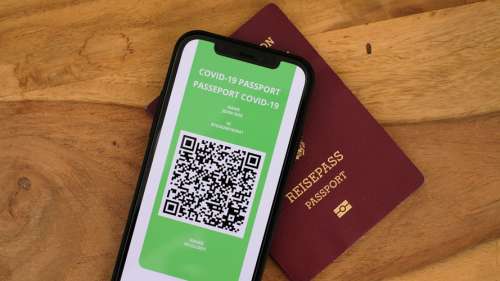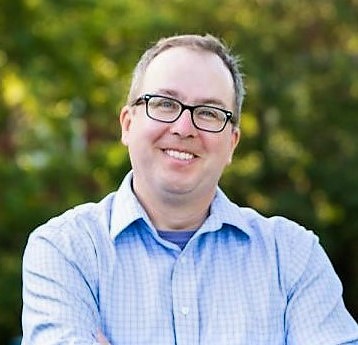
University of Guelph researchers are studying the ethics of implementing a vaccine passport for COVID-19 for Ontarians and whether immunity certification would help minimize the spread of the disease.
As vaccinations roll out across the province and Canada, some view an immunity passport as an appealing strategy to further reduce the virus’s spread.
“The idea of an immunity passport was devised during the beginning of this pandemic,” said Dr. Andrew Bailey, a professor in the Department of Philosophy who is leading the study. “But due to the novel nature of this virus, it seemed relatively unfeasible at that time.”
Certification would help to loosen COVID-19 restrictions for immunized Ontarians, but it is a massive social experiment that requires planning before it can be implemented, he said.
The idea of an immunity passport is not novel. Elementary school students require proof of vaccination for diseases such as polio and rubella.
While COVID-19 vaccines are not mandatory, proponents believe an immunity passport would offer an incentive for people to get the shot.
Concert-goers, for instance, might be required to present valid evidence of their immunity before they can purchase event tickets.

A passport would help more businesses get back to “normal,” but there are a few problems with this “hall pass,” said Bailey.
He said someone desiring normalcy without getting vaccinated might resort to hazardous measures.
“Some people will take matters into their own hands. Instead of getting vaccinated, they might purposefully try to get the virus and go through the sickness in hopes to become immune.”
Studies have shown that not everyone who contracts COVID-19 gains immunity, as many people have had recurrent bouts. Bailey says this strategy poses a health risk not only to the individual but also to others.
More research needs to be done to determine the efficacy and workings of immunity passports. Bailey said reducing the divide between those who are vaccine-hesitant or not is one of the biggest challenges in making immunity passports a realistic objective.
“Instead of judging the opinions of those fearful of the virus, we need to listen to and validate their fears.”
This research has been supported by the U of G COVID-19 Research Development and Catalyst Fund.
Contact:
Dr. Andrew Bailey
abailey@uoguelph.ca